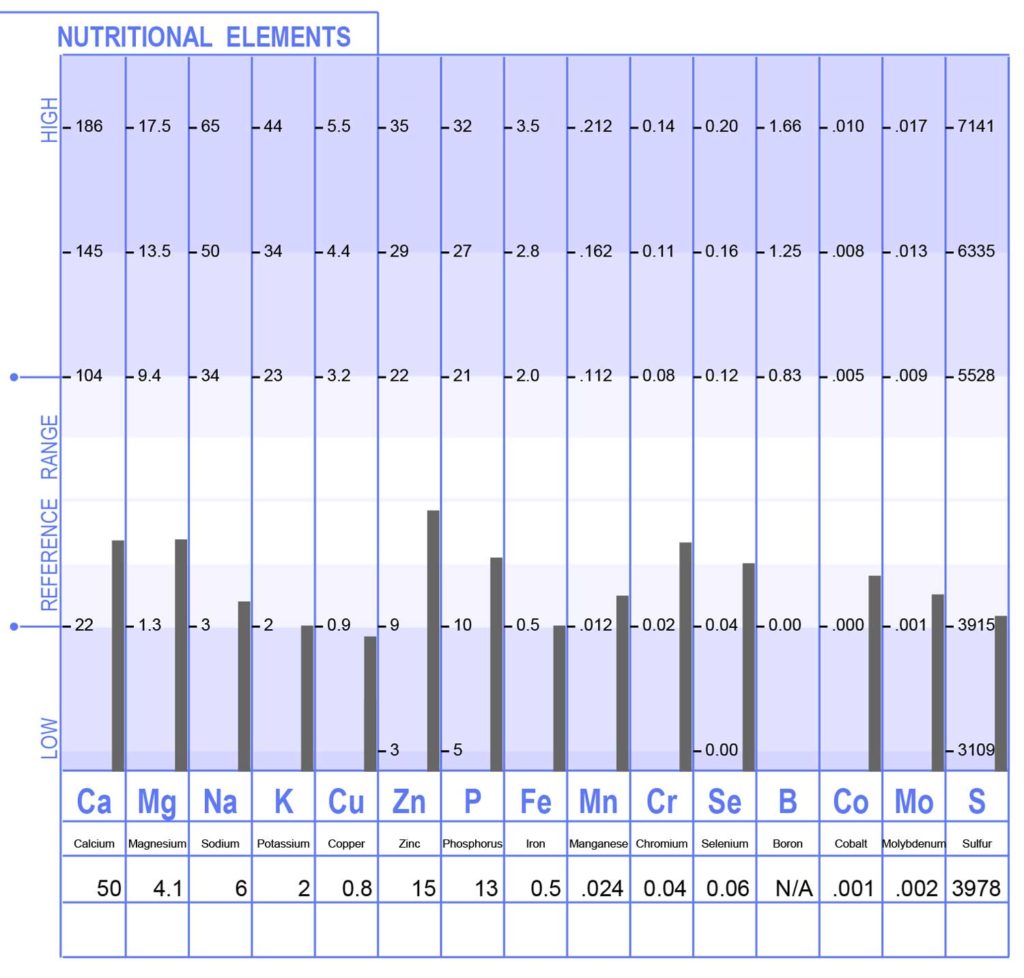Last Updated on November 15, 2023 by Cathy

The cause of multiple sclerosis (MS) is due to many factors. To find YOUR root causes of MS you need to look at genetic predisposition and environmental factors. However, genetics play a small role, it’s mostly environmental factors that are the root causes of MS. Such as exposure to infectious agents, vitamin deficiencies, and smoking.
Conventional therapies for MS are not able to stop the destruction of nerve tissue. If they work, they only slow the disease process down. Plus, they come with horrible side effects. Including brain disease, heart damage, and death.
Fortunately, it is possible to manage MS using a natural approach. It is not easy but it is possible to stop the progression of MS through diet and lifestyle changes.
Here are a few areas you need to focus on including:
- Acidity and why your body doesn’t absorb nutrients
- Chronic inflammation that you’ve been living with for a long time
- Chronic stress
- Gut health
- Hidden infections
- Hormone imbalance or deficiencies
- Lack of movement
- Mineral and vitamin deficiencies
- Toxicity found everywhere
Tests to Consider

You don’t necessarily need to have expensive lab work to find out the health of your gut. That’s because your microbiome is constantly changing. Diet, exercise, medications, and stress all affect your microbiome.
The tip here is, to save your money.
The first test you should get is a vitamin D blood test. It is a known fact that the lack of vitamin D is a risk factor for MS. Vitamin D deficiency is also a risk for a flare also known as an exacerbation or attack.
When you receive your results don’t except a “normal” result, get the actual number. An optimal number for someone with MS should be between 60-80 ng/mL. To convert it to nmol/L multiply it by 2.5. For example, 60 ng/mL times 2.5 equals 150 nmol/L (60×2.5=150).
Here is a copy of my first vitamin D test:

Other tests to consider, but not necessary include:
- A1C to check your average blood sugar level, an optimal level is 5.4 or lower
- C-Reactive Protein (CRP) to check for inflammation, an optimal level is 0.80 mg/L or lower
- Homocysteine to check if you have a vitamin B deficiency, an optimal level is 6-9 umol/L
I used Walk-In Lab for all these tests.
I highly recommend the CRP and vitamin D blood tests. It is critical to keep your vitamin D level up in order to heal. Plus, vitamin D helps lower your risk of an MS flare. The CRP test will give you an idea of how much inflammation your body is fighting. If you get a CRP test yearly you will be able to see if your inflammation is going down.
Every February I get tested because this is when my vitamin D level would be at its lowest due to winter. For some unknown reason, my inflammation went up quite a bit from 2020 to 2022. I skipped testing in 2021 due to the pandemic.
Here is my 2022 CRP test result (my 2020 test result was 1.7):

Ask your doctor for these blood tests or use an online lab like Walk-In Lab. This is what I use since my insurance won’t pay for them. I found using the online lab to be less expensive and more convenient than going through my doctor.
Hair Analysis Test
Another test you might consider is a hair analysis test for trace elements. Trace elements are micronutrients that serve many functions. Although they are only needed in “trace” amounts, they play a big role in our health.
Some act as antioxidants. Such as copper, manganese, and zinc which help protect the body from damage. Others support cell metabolism and growth such as calcium, magnesium, and potassium.
Studies found people with MS are nutrient deficient. A study found the Swank and Wahls diets are both found to improve symptoms of MS. However, they both came up short in certain vitamins.
“Inadequate intake of several micronutrients, such as folate and magnesium, is associated with more severe MS symptoms.” – U.S. National Library of Medicine
Heal Your Gut
The gut contains both good and bad bacteria. It is when the bad bacteria outgrow and the good can’t keep up. This leads to infections, inflammation, leaky gut, yeast overgrowth, and MS.
Studies found people with MS have more bad bacteria in their gut than healthy people. They also have a “leaky gut” allowing food particles and toxins to pass through the gut lining. Eighty percent of your immune system is in your gut. When you have a leaky gut, it triggers inflammation.
Studies found probiotics were beneficial for MS patients. The famous Greek physician, Hippocrates said “all disease begins in the gut.” The best place to start healing is within the gut.
Low Stomach Acid
As we age we produce less stomach acid. And, people with an autoimmune disease like MS also produce less stomach acid. Without stomach acid, our body can not digest nutrients, especially protein.
Hydrochloric acid (HCl) is the most powerful acid in your stomach. It absorbs nutrients and helps break down protein. It also helps to fight bacteria and viruses. Over time, this can lead to serious nutritional deficiencies and prone to infections.
As you can see in the image below I was low in all nutrients except zinc. All nutrients should be in the middle of the white area.

The test also showed I was low in HCl so I now take supplements to correct this problem. To learn more read: Facts About Low Stomach Acid You Need To Know
Epstein-Barr Virus and MS
In January 2022, a 20-year study found Epstein-Barr virus (EBV) is the main cause of MS. They have suspected EBV since the 1970s but this study proves without EBV MS may not happen.
From this study, 801 people went on to develop MS about 10 years after contracting EBV. Out of these 801 people, only one did not have EBV prior to an MS diagnosis. If they can develop a vaccine for EBV it may be the end of MS.
However, 95% of all adults worldwide have EBV and only a small percentage have MS. This proves something else has to be a factor. Plus, even if they did come out with a vaccine to prevent EBV and stop MS. What about people who already have MS?
EBV damages mitochondria and their function. This can lead to low energy levels and fatigue which are MS symptoms.
Fungi and MS
Researchers believe it may also have something to do with the HLA gene. The strongest genetic risk factor is the variant HLA-DRB1*15:01. The HLA-DR alleles are also a risk factor for fungi infections.
Doctors linked many illnesses including MS with Candida back in the 1980s. Yeast lives in the gut, it’s a healthy part of our microbiome. However, when it grows out of control, mostly due to antibiotics, it is a problem.
Conventional medicine did not agree and says Candida is harmless. Fortunately, functional medicine continued to diagnose and treat patients for Candida. This is how I was able to reverse my heat intolerance along with other MS symptoms.
I highly recommend reading the book Healing Multiple Sclerosis by Ann Boroch.
Find Your Root Causes of MS
Trying to find the root causes of MS can be difficult. It took me years before I realized fungi was my biggest issue. Start by eating an anti-inflammatory diet. Then move on from there.
Possible triggers to MS:
- Diet (processed foods, refined sugar, refined carbs, food allergies, etc.)
- Infections (bacterial overgrowth, parasites, viruses, and yeast overgrowth)
- Environmental Toxins (heavy metals, mold, pesticides, etc.)
- Chronic Stress (especially emotional stress)
- Hormones (cortisol, insulin, vitamin D – yes, it’s a hormone)
- Genetics (you can’t change your genes but you can change your gene expression by living a healthy lifestyle)
You can do this!

Free Wellness Library!
Subscribe for free and I’ll send you the password to my secret library filled with many printables for your wellness journey.
Want to remember this health tip? Pin it to your Pinterest board!

Photo by Photo by Gustavo Fring, Tobi:
Resources:
Nutrition in multiple sclerosis
Patients With MS Have Lower Levels of Key Nutrients
Find Your Root Causes of MS





